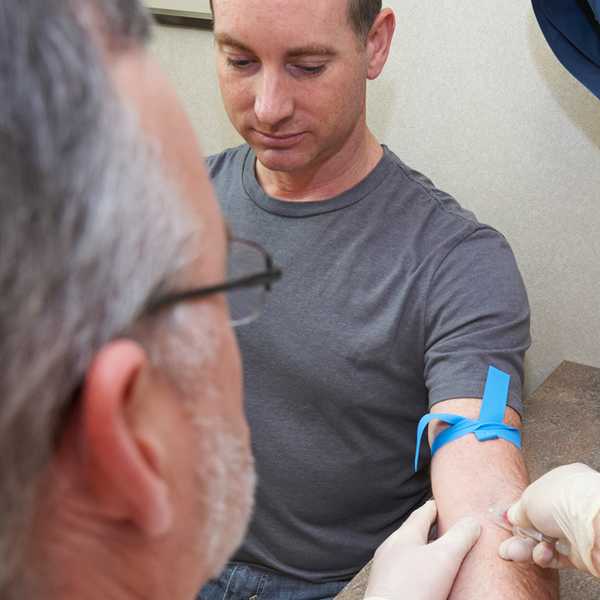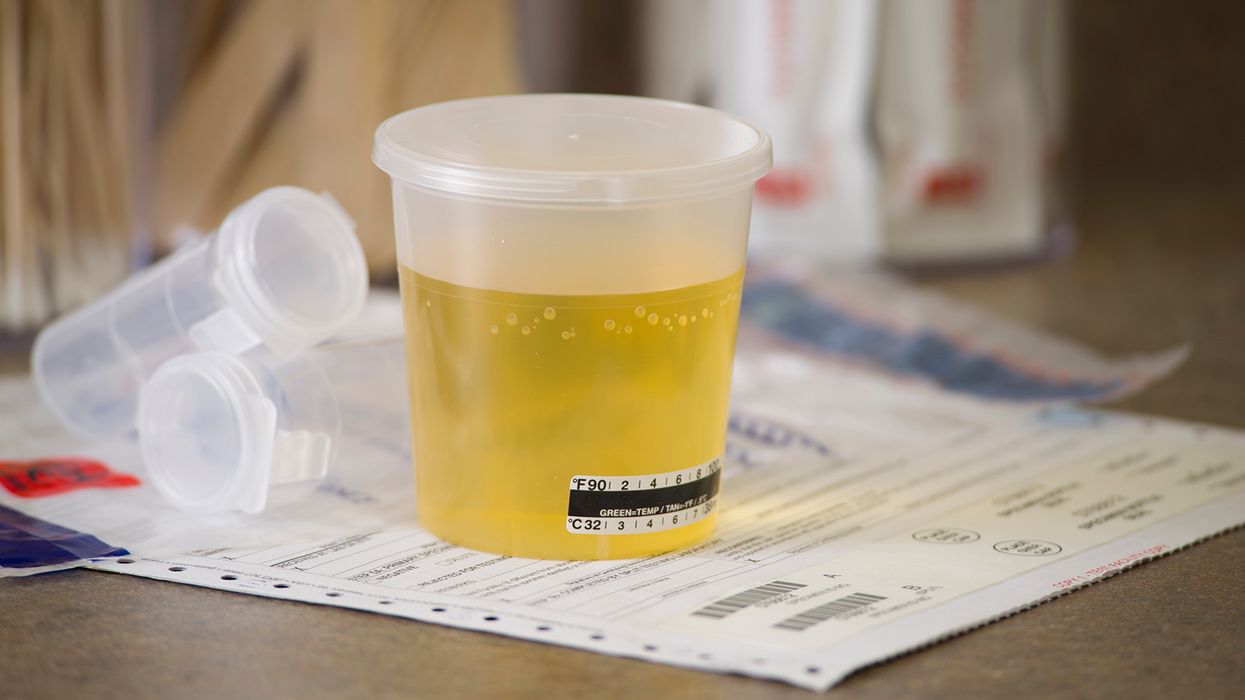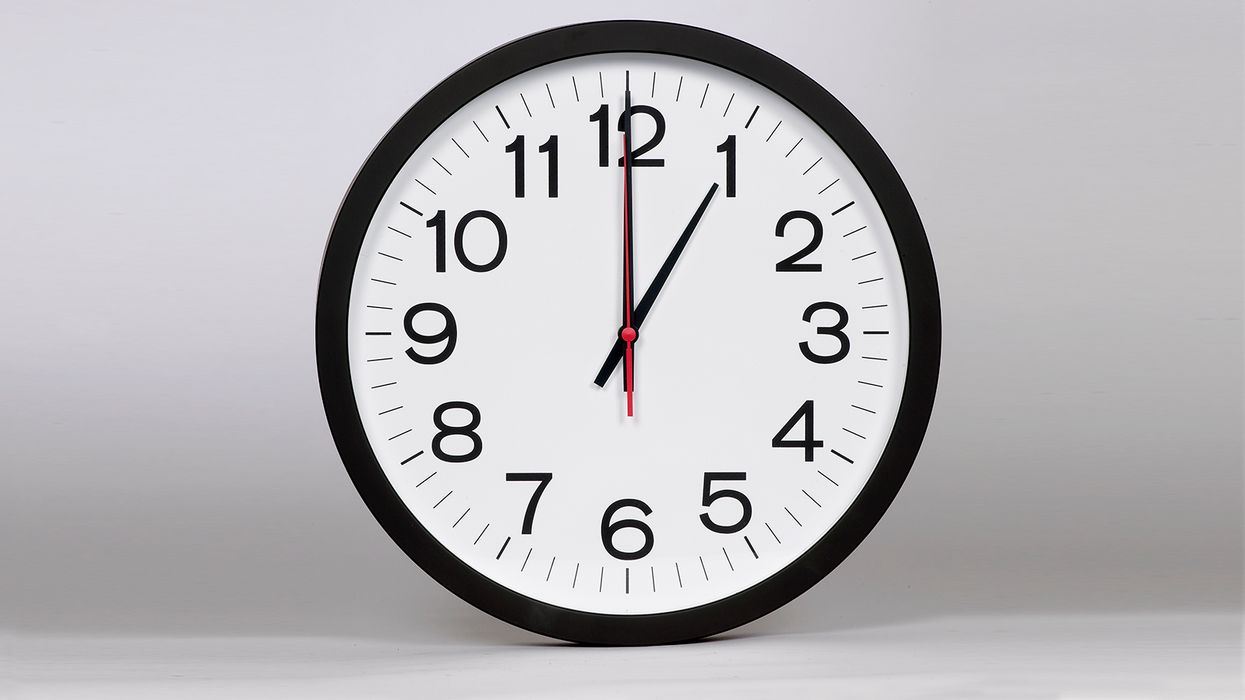Cal/OSHA recommends delaying some medical surveillance examinations, allows for remote review of others
In recently issued emergency temporary guidance, Cal/OSHA recommends delaying some medical surveillance examinations due to the high risk of COVID-19 transmission, and allows for remote review of others. Twenty-eight Cal/OSHA standards require employers to offer their employees medical surveillance examinations and other medical services on a specified schedule, when employees may be exposed to certain workplace hazards above an Action Level (AL).
The guidance includes a table to assist physicians and other licensed healthcare professionals (PLHCPs) who are planning to conduct mandated surveillance exams. The table suggests surveillance elements that might reasonably be delayed and those which should not be delayed, along with specific advice about certain standards.
For example, certain medical procedures, such as spirometry or audiometry in a closed hearing booth pose an especially high risk of exposing both patients and medical staff to infectious droplets or aerosols, and therefore could be delayed.
However, an initial respirator exam and fit test must not be delayed when a respirator is required to protect an employee from airborne hazards. Likewise, surveillance exams pertinent to toxicants such as lead should not be delayed.
If an initial questionnaire or medical history reveals information about an employee's personal risk factors and guides the PLHCP’s decisions about occupational exposures or the use of personal protective equipment (PPE), the employee's history should be obtained in a non-face-to-face setting.
Cal/OSHA emphasizes that this guidance does not relieve employers of their duty to offer mandated surveillance exams. However, the Agency recognizes that in the current pandemic many employees will be engaged in “essential” jobs and tasks, and that employers must rely on the medical judgment of a PLHCP in fulfilling these surveillance obligations.

















































